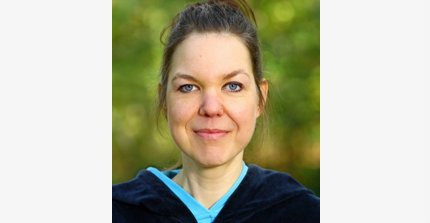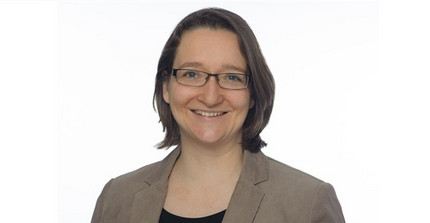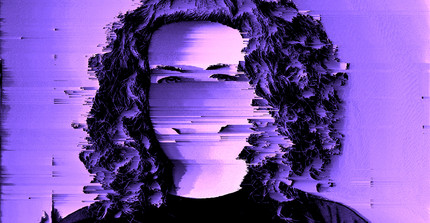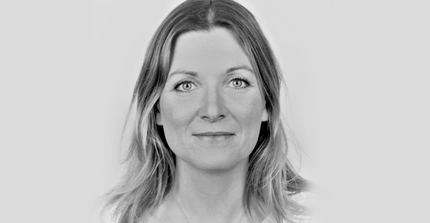Science Communication
Scientists are often criticized for speaking a language that not everyone understands, for sitting in a symbolic "ivory tower". Also, some scientific research does not attract public interest or scientific discoveries and innovations turn our everyday lives upside down so quickly that it is difficult for laypeople to keep up. This is where science communicators come in: They want to make scientific questions, results and findings understandable and accessible to a broad audience.
To do this, they use the classic communication methods and channels of public relations work. They organize public lectures by scientists, write popular science books and guides, write for science magazines, appear on TV and radio programmes and create blogs, podcasts and explanatory videos. Educational campaigns and science competitions are also part of their profession. Science communicators are also employed in traditional places of science-based knowledge transfer, such as museums, planetariums, exhibition and memorial sites, and of course at universities and research institutes themselves.
On the one hand, science communication can be carried out by scientists themselves as a kind of sideline, but on the other hand it can also be offered by external actors as mediation work. For example, science journalists (see Journalism) report on scientific developments as freelance or full-time reporters, authors or bloggers - often specializing in one subject area. On the other hand, research institutions, universities and companies active in science, educational and cultural institutions, foundations, ministries and authorities themselves maintain communications, public relations or marketing departments in which they also employ PR managers for the communication and placement of scientific topics. Last but not least, there are also agencies that specialize incommunication consulting for scientific institutions, i.e. they offer external science communication as a consulting service.
Thematic specializations and exciting formats help to gain visibility
It therefore helps to play around with different search terms when looking for a job and to look for job opportunities on the websites of the relevant players.
Occasionally, job advertisements also mention knowledge transfer, although this actually includes the marketing of (scientifically developed) products and the clarification of patent issues in addition to the communicative component.
Science communicators should be enthusiastic about scientific research and have a sound understanding of scientific methods and working methods. A certain awareness of quality is also important in order to avoid distorting or falsifying research results and findings for entertainment value.
The path to science communication is not predetermined - there are only a few specialized courses in science communication. Most science communicators find their way into the profession as career changers. Having your own niche, either thematically ("expert on insects",...) or methodologically (e.g. as a graphic recorder) can help you get started. It is also advisable to network well and, of course, to stay on the ball scientifically. To get started, it is helpful to complete internships in specialist journals, agencies or communications departments. Blogs or podcasts on your own field of research are also an option. Journalistic skills such as creative writing and graphic editing of content, technical skills in the area of blog, video and podcast production, conceptual thinking, social media expertise and target group orientation are also important.




